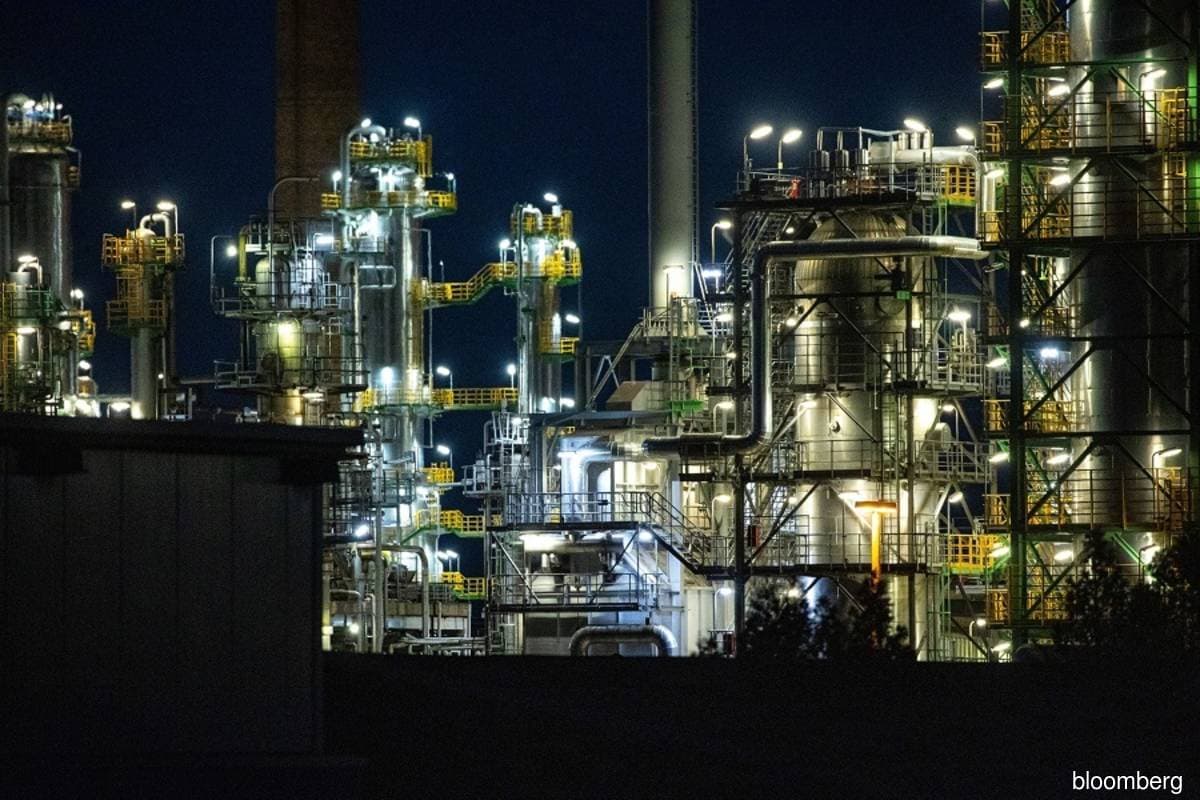
KUALA LUMPUR (March 8): The offshore oil and gas (O&G) sector is set for the highest growth in a decade in the next two years, with US$214 billion of new project investments lined up.
In a statement on Wednesday (March 8), the Oslo-based Rystad Energy said that annual greenfield capital expenditure (capex) broke the US$100 billion threshold in 2022 and will break it again in 2023 — the first breach for two straight years since 2012 and 2013.
It said that as global fossil fuel demand remains strong and countries look for carbon-friendly production sources, offshore is back in the spotlight. Offshore activity is expected to account for 68% of all sanctioned conventional hydrocarbons in 2023 and 2024, up from 40% between 2015-2018.
Rystad said comparisons against this period are prudent, as it predates the Covid-19 pandemic and related oil price crash. In terms of total project count, offshore developments will make up almost half of all sanctioned projects in the next two years, up from just 29% from 2015-2018.
The firm said these new investments will be a boon for the offshore services market, with supply chain spending to grow 16% in 2023 and 2024, a decade-high year-on-year increase of US$21 billion.
It said offshore rigs, vessels, subsea and floating production storage and offloading (FPSO) activity are all set to flourish.
Rystad said one of the leading global drivers is the sizable expansion of offshore activities in the Middle East.
It said for the first time, offshore upstream spending in the region will surpass all others, lifted by mammoth projects in Saudi Arabia, Qatar and the United Arab Emirates (UAE).
The area’s offshore spending growth looks set to continue at least for the next three years, growing from US$33 billion this year to US$41 billion in 2025.
It said these countries are tapping into their vast offshore resources to meet rising global oil demand, backed by the necessary capital and infrastructure to outpace other producers.
Rystad Energy head of supply chain research Audun Martinsen said offshore oil and gas production isn’t going anywhere, and the sector matters now possibly more than ever.
“As one of the lower carbon-intensive methods of extracting hydrocarbons, offshore operators and service companies should expect a windfall in the coming years, as global superpowers try to reduce their carbon footprint while advancing the energy transition,” he said.

